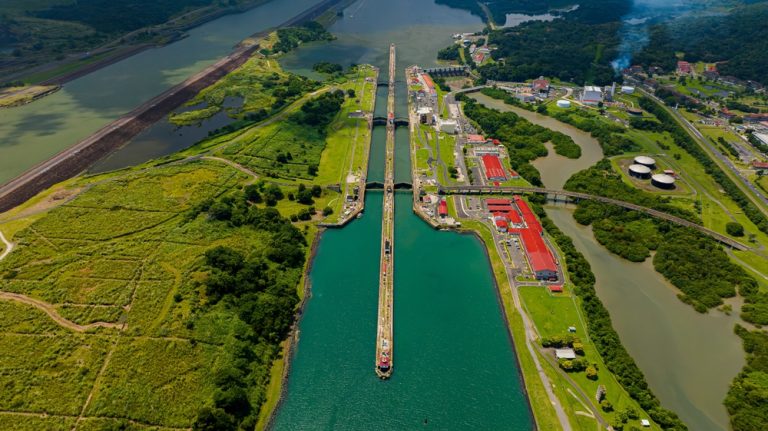Antitrust investigation delays strategic global acquisition
Chinese regulators are investigating a U.S.-led consortium’s deal to acquire two ports in the Panama Canal zone, throwing a wrench into an agreement originally slated to close next week. The probe, initiated by China’s State Administration for Market Regulation, targets a transaction spearheaded by BlackRock, the world’s largest asset manager with $11.6 trillion in assets.
The deal would see the consortium purchase Hong Kong-based CK Hutchison’s controlling interest in 43 global ports, spanning 199 berths across 23 countries. The acquisition was viewed as a potential geopolitical de-escalation move amid rising U.S.-China tensions.
However, Chinese authorities said they are reviewing the transaction “in accordance with the law to protect fair competition and safeguard public interest.” The statement was echoed by China’s Hong Kong and Macao Affairs Office. Following the announcement, CK Hutchison reportedly cancelled the official signing ceremony planned for next week.
Trump reignites debate over Panama Canal
President Donald Trump reignited controversy by falsely claiming China controls the Panama Canal—despite Panama operating it since 1999. Trump has floated the idea of the U.S. reclaiming control of the 51-mile waterway, which facilitates 4% of global maritime trade and over 40% of U.S. container traffic.
Trump’s broader trade agenda, which includes 20% tariffs on Chinese imports and threats of further duties next week, has fueled rising bilateral tensions. The administration is also pressuring Panama to reduce Chinese influence and waive canal fees for U.S. vessels.
In 2024, the canal generated nearly $5 billion in profits and is central to Panama’s economy, accounting for 23.6% of the nation’s income. Panama’s government has reportedly entered negotiations over the future of the ports involved in the BlackRock deal.
U.S. pressures mount on Panama
Trump’s national security adviser Mike Waltz said Panama is discussing changes to port operations, while Secretary of State Marco Rubio voiced support for waiving transit fees for American ships. Rubio also argued that it was “absurd” for the U.S. to pay tolls to cross a strategic zone it would defend in wartime.
The BlackRock-led acquisition and the geopolitical fallout underscore the canal’s enduring strategic importance—not just for commerce, but also for military and diplomatic leverage in a fraught global environment.


